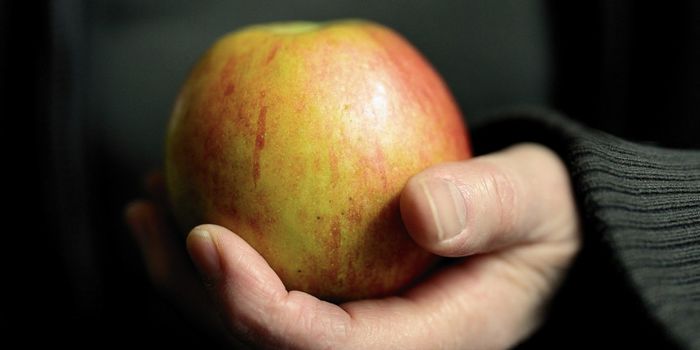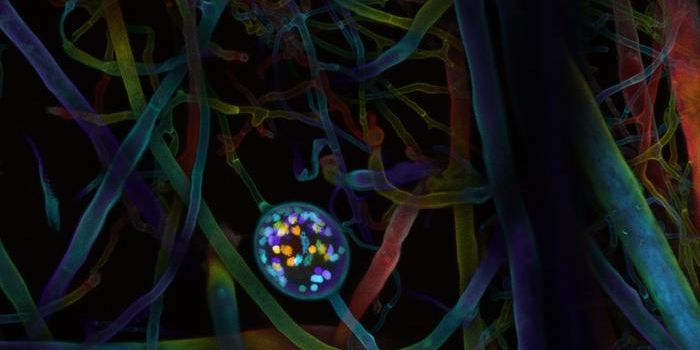Fat Cells Could Repurpose Palm Oil Into High-Quality Olive Oil
A universal truth in medicine is that fat molecules store energy for fat cells until its time to use them. These molecules have three fatty acids that connect to a glycerol, giving them the name we’re probably most familiar with: triglycerides. However, researchers have long speculated that these molecules do not remain unchanged while they are being stored. There is even some conditional evidence suggesting as much. Instead, they are subject to a process called “triglyceride cycling,” a process by which the body breaks these molecules down and reassembles them into new triglycerides.
The questions puzzling researchers? Does this really happen? And if so, what’s the significance of this process? What benefit does it offer?
A team of researchers at the University of Bonn in Germany recently conducted a study that monitored how individual fatty acids are broken down and reconstructed throughout the body, providing evidence of triglyceride cycling. The team also found that in people who consumed palm oil, the fatty acids it contains were broken down into the constituent components of high-quality olive oil. The results of the study are published in Nature Metabolism.
First, researchers needed to find a way to track individual fatty acids in their journey through triglyceride cycling and around the body, which is notoriously difficult. By attaching a specific label to each individual fatty acid, researchers were able to show that triglycerides do not remain unchanged over time in the body.
That still leaves a key question unanswered: why? These conversions require energy, certainly, so what’s the benefit? Researchers have long suspected that it may have something to do with normal processes of storing and using fat supplies, but the study published in Nature Metabolism suggests that this may not be the case.
Specifically, researchers believe that this process is a way of refining fatty acids in the body to make them more high quality (and more usable) by the body. This process also eliminates short fatty acids and new, longer, more improved fatty acids. These short fatty acids, in particular, are not an efficient for cells to use, nor are they particularly healthy for them. These long-chain fatty acids are more common in foods like olive oil.
While this means that some less favorable fatty acids we eat may be turned into more long-chain fatty acids that are better for us, it’s still important to eat foods rich in already-healthy fats.
Sources: Science Daily; Nature Metabolism








